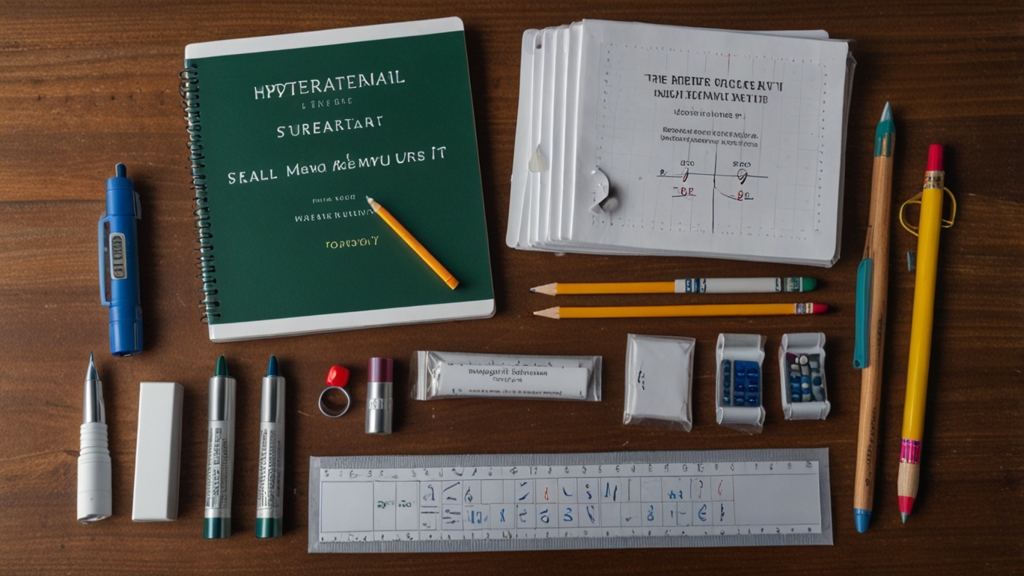Logic or Gut Feeling: Which Should You Trust?
In both personal and professional spheres, decision-making is a vital skill. People often face a crucial choice between trusting their rationality or their intuition. This ongoing debate revolves around whether logic or gut feeling should guide our decisions. Each method has its own set of advantages and drawbacks, making it essential to understand their respective roles and effectiveness in different scenarios.
The Case for Logic
Logic, driven by reason and systematic analysis, has long been regarded as a cornerstone of effective decision-making. Rooted in evidence and facts, logical thinking minimizes emotional influence and biases. This approach is highly beneficial in situations requiring meticulous planning, such as financial investments, scientific research, and engineering.
"A rational decision-making process involves gathering information, evaluating alternatives, and forecasting potential outcomes. It is a meticulous journey from problem identification to solution implementation" – Dr. Emily Carter, Cognitive Scientist.
When decisions are made logically, they can be documented, critiqued, and improved upon. Logical reasoning allows individuals to build a robust framework that stands up to scrutiny. Companies often adopt logical methodologies in their operational and strategic plans, as it provides a level of transparency and reliability that is difficult to dispute.
The Role of Gut Feeling
On the flip side, gut feeling—also known as intuition—is an instinctive, almost instantaneous understanding of a situation. This type of decision-making is often subconscious and derives from personal experiences and internalized knowledge. Our brains synthesize vast amounts of information rapidly, producing a 'hunch' or 'gut feeling' that can guide us in complex or high-stakes scenarios.
"Intuition is nothing more and nothing less than recognition" – Herbert Simon, Nobel Laureate in Economics.
Gut feelings are particularly useful in ambiguous situations where data is incomplete or conflicting. For example, entrepreneurs rely heavily on intuition when making decisions about market opportunities that have yet to fully develop. Quick, instinctive actions can be crucial in emergency situations where there is no time for detailed analysis.
Combining Logic and Gut Feeling
Rather than viewing logic and gut feeling as mutually exclusive, it can be more effective to integrate both approaches. This balanced strategy harnesses the strengths of each method while mitigating their weaknesses. Rational analysis can help validate and support intuitive insights, while intuitive thinking can introduce flexibility and adaptability into rigid logical frameworks.
"In decision-making, a fusion of reason and intuition allows for a comprehensive approach that leverages the best of both worlds. It’s about finding equilibrium" – Karen Ting, Organizational Psychologist.
For instance, a business leader might use logical analysis to review market data and forecasts, but also rely on intuition to sense emerging trends and shifts in consumer behavior. This combined approach can lead to more holistic and effective decision-making processes.
Which Should You Trust?
The choice between logic and gut feeling largely depends on the context and nature of the decision to be made. For situations requiring meticulous detail and verification, such as financial audits or engineering plans, logic should take precedence. Conversely, when faced with uncertain, rapidly changing circumstances, or when innovation is key, gut feeling can offer a valuable edge.
Ultimately, becoming proficient in both logical reasoning and intuitive thinking will equip you with a versatile toolkit for decision-making. Learning to gauge when to trust each method—or better yet, how to combine them—will enhance your capability to navigate the complexities of life and work with greater confidence and success.












